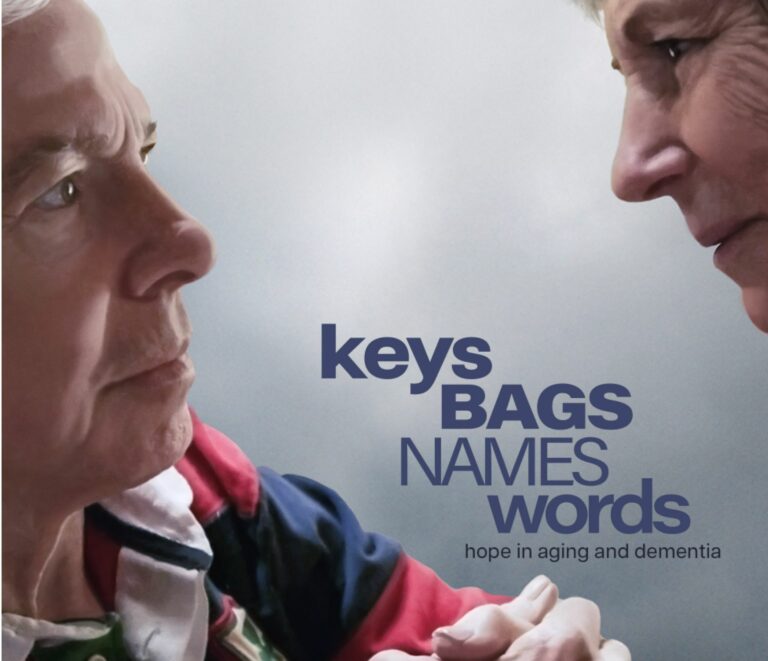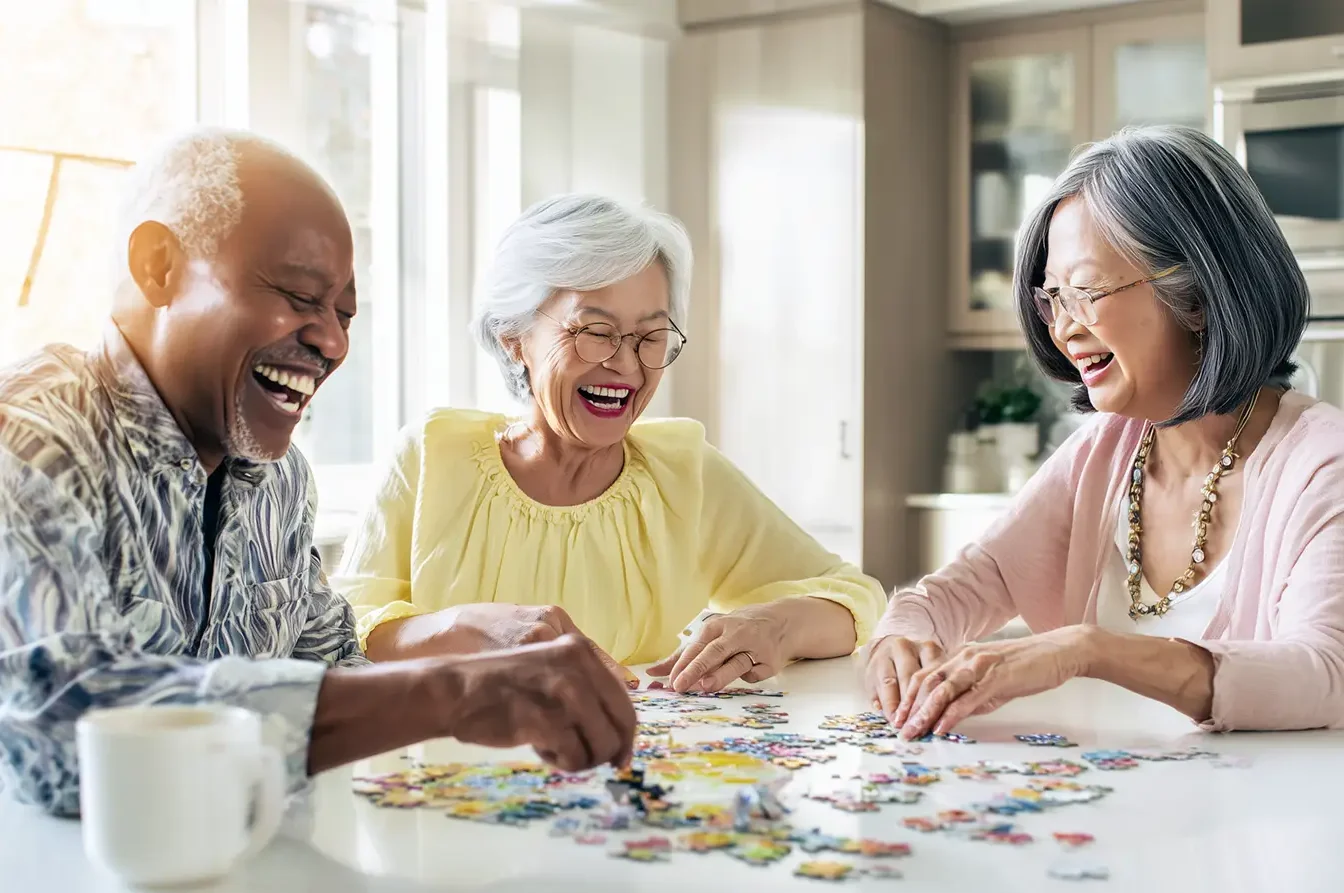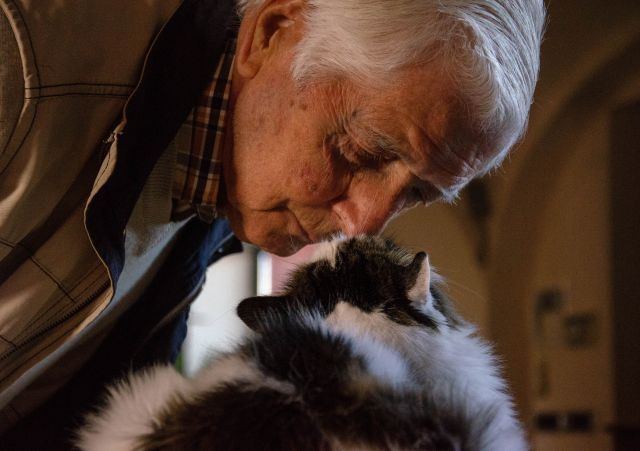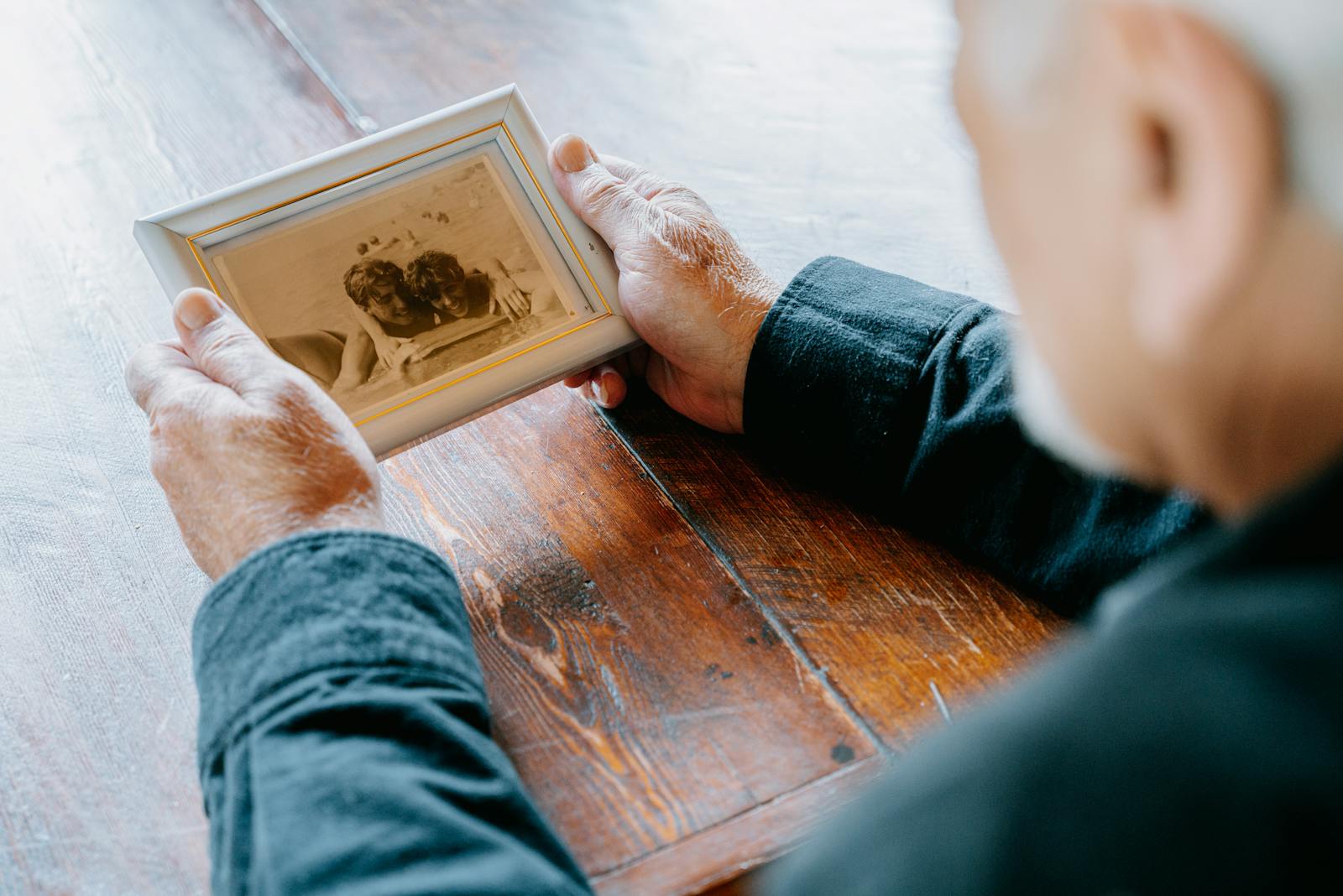
Alzheimer’s Misdiagnosis # 5: Lyme Disease
DIAGNOSIS VIDEO + ARTICLE:
Country music legend Kris Kristofferson Alzheimer’s misdiagnosis ruined his career. Turned out he had Lyme disease. Learn about his remarkable recovery and the signs to look for.

DIAGNOSIS VIDEO + ARTICLE:
Country music legend Kris Kristofferson Alzheimer’s misdiagnosis ruined his career. Turned out he had Lyme disease. Learn about his remarkable recovery and the signs to look for.

GOOD VIDEO: People with dementia share insights into living well with dementia. This positive video challenges dementia’s stigmas. It promotes inclusion in society and community support.

INSPIRING MOVIE: “Still Mine” is the true story of an 87-year-old strawberry farmer & cattle rancher. Craig will do anything for his wife Irene, weakened by dementia. Fighting authorities, watch his battle to build an unauthorized dementia-friendly house on his farm.

Very small things that people do can make a very big difference to people with dementia. Hear people with early dementia share their experiences, stigmas and what you can do to help create a dementia-friendly world.

Scott Russell is living well with his Alzheimer’s. See how he has stayed active in his community, even starting a manageable home business.

Ron is making the most of his early-stage Alzheimer’s. See him share how he works with his wife to make their relationship the best that it can be.

See how Bob’s walking, talking, painting, getting up and going attitude makes him feel that, despite Alzheimer’s, there’s still a lot of good living to do.

Popular British news presenter Alistair Stewart first realized something was wrong when he could not tie his shoelaces, but his wife Sally was way ahead of him. Watch now.

“Keys Bags Names Words” is a hopeful Alzheimer’s movie. The film portrays stories of young scientists and artists from around the world in, their effort to help those who are affected.

When a hurricane hits Florida — or anywhere that has a very large population of people with dementia, there are special preparations that should be made by those living with dementia. Check these dementia-in-a-storm readiness lists.

Creating peace, calm and a sense of control over their environment is the best gift to give a person living with Alzheimer’s. Learn all about In-Home Routines.

Researchers found in a study that people who developed dementia were more likely to have their credit rating drop at least two and a half years before the diagnosis. Some had problems managing their money up to six years before. Find out more.

A personal diary of a daughter with a medical background that chronicles her journey while caring for her father with Alzheimer’s, and gives the reader the gift of both perspectives, that of a loving daughter and the trained professional.

The antidepressant drug citalopram, also sold under the brand names Celexa and Cipramil, significantly relieves agitation in Alzheimer’s. Learn about the benefits and side-effects.

Researchers in Florida find that robotic pet cats improve mood, behavior and cognition in older adults with mild to moderate dementia. Find out more.

Ketone-rich diets increase the SIRT3 protein that protects neurons from death during the progression of Alzheimer’s disease. But how does it work? Find out more.

Memory failing? New research shows you may need help, but not for dementia. Memory slips, stress and fatigue are growing in people with healthy memory.
No spam, only news and updates.


